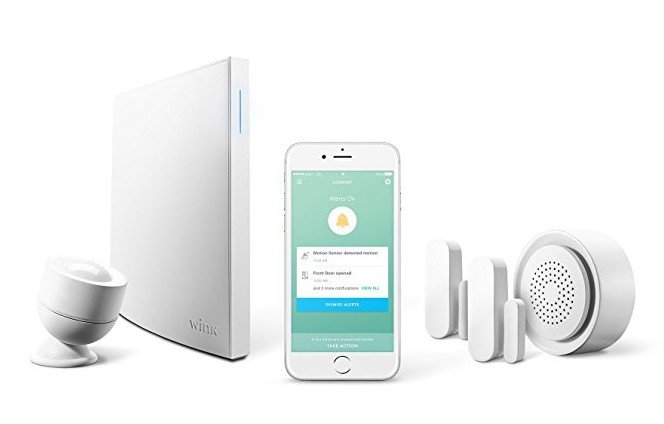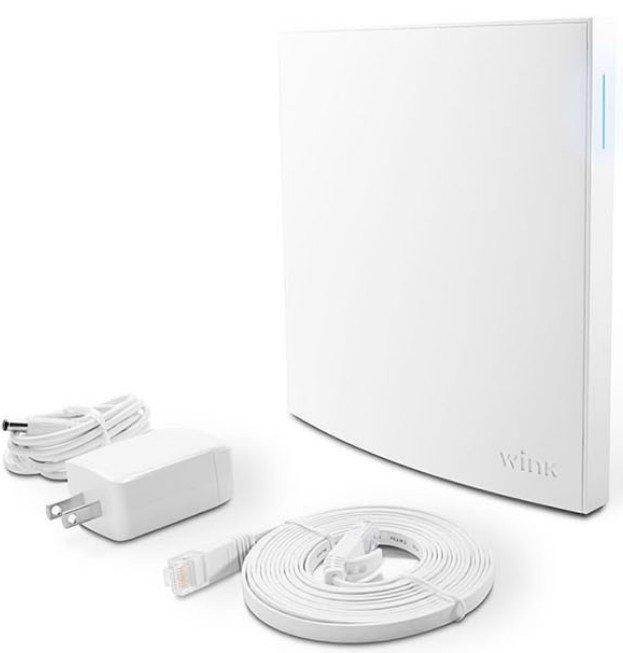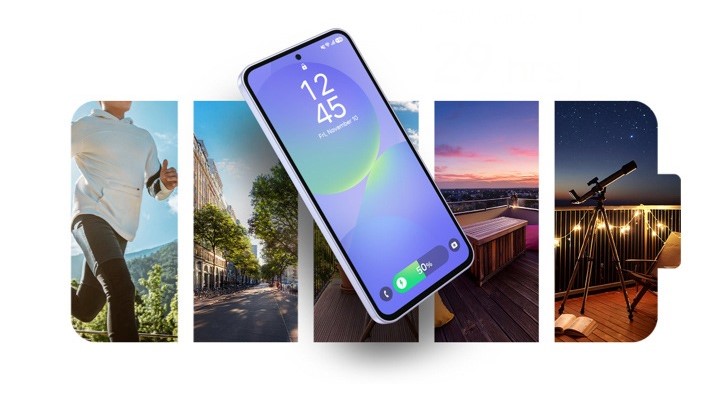Wink is moving to a subscription-only model for its smart home service

What you need to know
- Wink is ending its free service and moving to a subscription-only model on May 13, 2020.
- The Wink subscription will be $4.99 per month and will include future service improvements beyond the current scope.
- Users who do not opt into the new subscription model will be unable to use their Wink Hubs after May 13, 2020.
Anyone who has multiple smart home devices from different manufacturers knows how difficult it can be to get everything to mesh together. Does your device support Google Assistant, Alexa, or Apple HomeKit? Is it Z-Wave or Bluetooth? How about 2.4GHz or 5GHz Wi-Fi? Wink was designed to erase all the worries of these complications by providing a hub that can understand just about any kind of wireless technology or integration, but Wink's mission may be taking a detour for some users in just under a week.
In a blog post, Wink announced that its free services will only remain free until May 13, 2020. After that time, users who wish to stay onboard with Wink and continue using the service will be required to pay a $4.99 monthly fee. Wink cites 'long term costs and recent economic events' as the decision-maker for imposing a fee on users. Wink users bought into the system with the promise of it remaining a free service without a subscription, and now Wink has to go back in its word in order to provide customers with the service they've come to expect.
Should you choose not to sign up for a subscription you will no longer be able to access your Wink devices from the app, with voice control or through the API, and your automations will be disabled on May 13. Your device connections, settings and automations can be reactivated if you decide to subscribe at a later date.
Per Wink's blog post, users will apparently be completely locked out of their Wink Hubs if they don't subscribe to the service by May 13, 2020. We've reached out to Wink for clarification as to whether this includes all Wink devices or just 3rd-party integrations, but the wording on the blog post seems to indicate that access will be completely lost next week if users don't act quickly. While this move will certainly look egregious in the eyes of some users, Wink offers a valid explanation that might quell the wrath of folks who weren't expecting to have to shell out an extra $5 per month for something they've already been using for free.
As part of Wink's company policy, Wink does not sell personal information or data related to smart home usage or ownership. That's a big difference from companies like Google or Amazon, who offer similar smart home connection services but carry long End User License Agreements (EULAs) that may allow the sale of personal data to advertisers and other companies. Since Wink's only source of income thus far has been from the initial one-time sale of Wink Hubs, Wink has been running a substantial cloud-based service that links over four million connected devices without additional income.
The infrastructure and code required to run these services is not free and, despite being bought up by a few companies in the past like will.i.am's i.am+, Wink has not changed its initial business model to match with the growth they've incurred. Personal data privacy is a big deal in these days of massive data leaks and personal information being spread willingly by companies looking to make a quick buck on their users, and it's likely that Wink will continue to appeal to the users who are most concerned with these facts. If you are a current Wink Hub owner, be sure to visit Wink's subscription page to get all the details you'll need in order to keep using your Wink hub.

Putting the smart in smart home
The Wink Hub is designed to erase those confusing boundaries between smart home devices and finally make your home feel like the smart homes in the movies.
Be an expert in 5 minutes
Get the latest news from Android Central, your trusted companion in the world of Android

